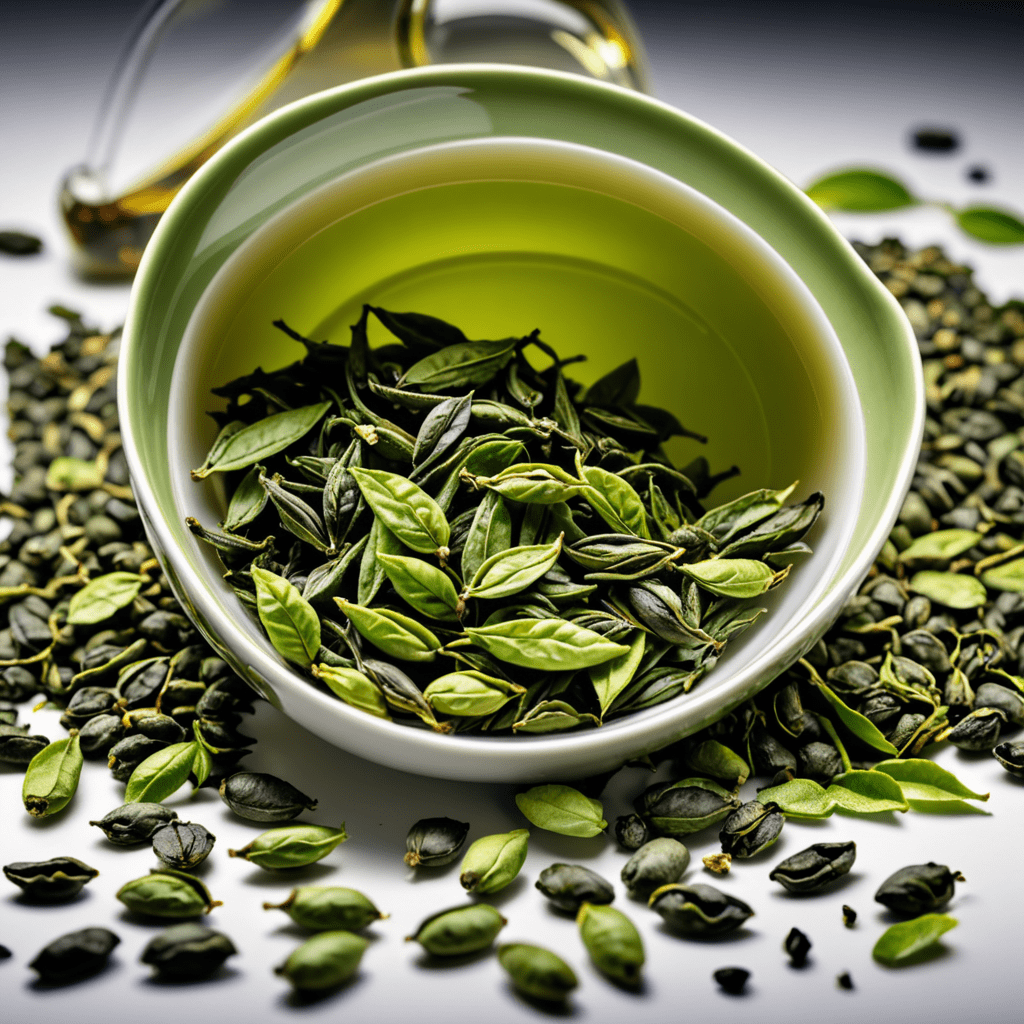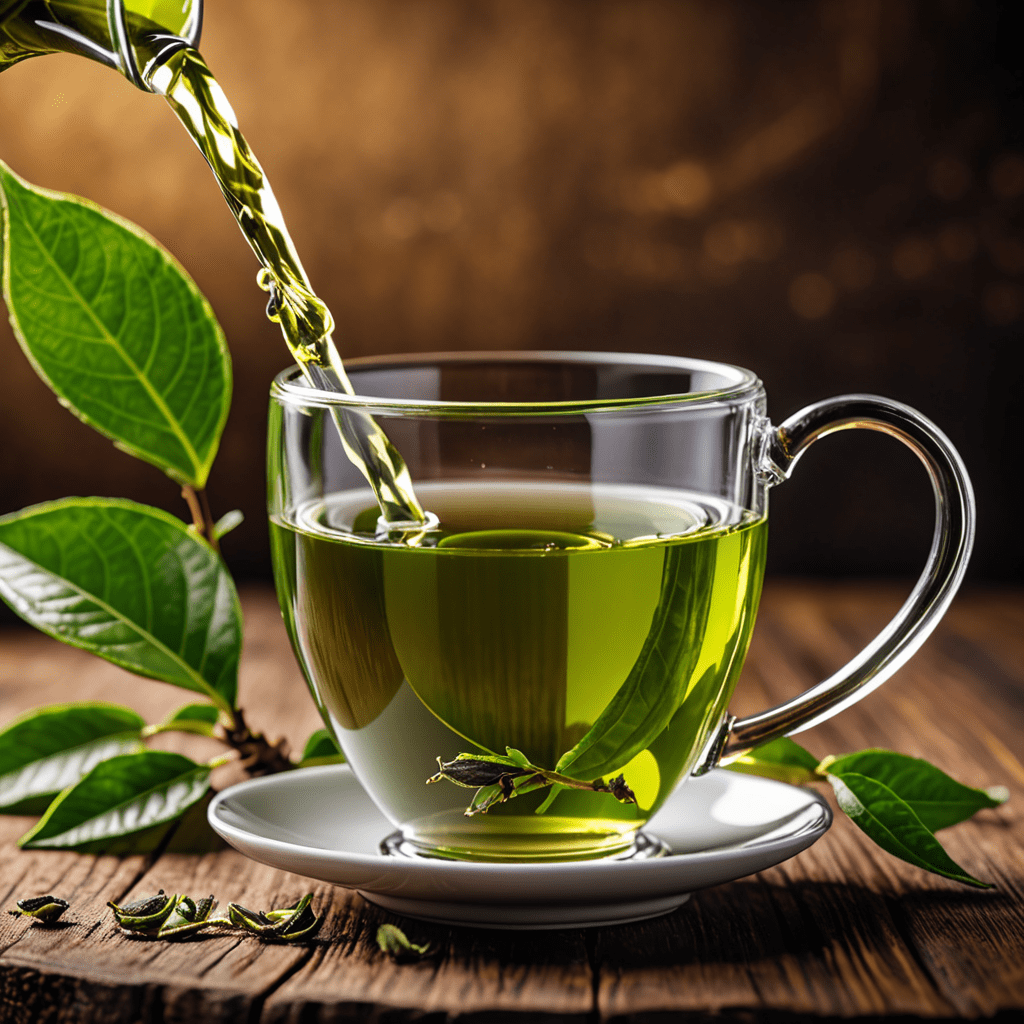Assam: The Land of Tea
Assam, a mesmerizing region located in the northeastern corner of India, is renowned as the 'Tea Paradise of the World'. With its picturesque tea estates carpeted across rolling hillsides, the state has earned global acclaim for producing some of the finest teas, characterized by their robust flavor and malty aroma. The tea industry is deeply intertwined with the cultural fabric of Assam, shaping its traditions, economy, and way of life.
The History of Tea in Assam
The story of tea in Assam dates back to the 19th century when British planters discovered wild tea plants growing abundantly in the region. Recognizing the immense potential, they initiated large-scale tea cultivation, transforming Assam into a tea-producing powerhouse. The year 1839 marked a significant turning point when the Assam Company was formed, heralding the commercialization of Assam tea. Over the decades, the industry flourished, with tea becoming an integral part of the Assamese economy and identity.
The Assam Tea Industry
Today, the Assam tea industry stands tall as one of the largest contributors to the global tea market. Spread across vast expanses of land, tea estates in Assam employ millions of workers, providing livelihood opportunities to a significant portion of the state's population. Assam produces approximately 55% of India's total tea output, catering to a wide range of domestic and international markets.
The Varieties of Assam Tea
Assam offers a diverse range of tea varieties, each with distinct characteristics that appeal to tea enthusiasts worldwide. The most prominent among these is Assam Black Tea, known for its bold, full-bodied flavor and malty sweetness. Other popular varieties include Assam Green Tea, which offers a lighter, refreshing taste, and Assam Orthodox Tea, prized for its traditional processing methods and unique flavor profile.
The Health Benefits of Assam Tea
Beyond its exquisite taste, Assam tea is also recognized for its potential health benefits. Studies have suggested that regular consumption of Assam tea may contribute to improved cardiovascular health, reduced inflammation, and enhanced cognitive function. Its high concentration of antioxidants helps combat free radical damage, potentially mitigating the risk of certain chronic diseases.
Assam Tea: A Cultural Icon
Tea is not just a beverage in Assam; it is a way of life. The state's tea gardens have become iconic symbols, attracting tourists worldwide. Assam tea has gained immense popularity not only within India but also on the international stage. Its distinct aroma and robust flavor have made it a preferred choice among tea connoisseurs around the globe. The tea industry in Assam has also contributed significantly to the state's cultural heritage, influencing art, literature, and music.
The Social Impact of Tea Cultivation in Assam
Tea cultivation has had a profound impact on the social fabric of Assam. Tea gardens have become thriving communities, offering employment and education facilities to workers and their families. The industry has played a key role in uplifting the economic status of marginalized communities in the region, contributing to inclusive growth and development. Additionally, tea gardens foster a sense of belonging and unity among workers, creating a harmonious and vibrant social environment.
The Economic Importance of Assam Tea
The Assam tea industry is a significant contributor to the state's economy. Tea exports bring in substantial revenue, helping to boost the region's financial stability. Moreover, the industry generates employment opportunities for millions of people, directly and indirectly, making it a vital source of livelihood for Assam's population. The economic growth driven by the tea industry has improved the state's infrastructure, education, and healthcare facilities, benefiting the entire community.
The Future of Assam Tea
As the world becomes increasingly health-conscious, Assam tea stands poised to gain even greater recognition for its potential health benefits. The industry is also embracing sustainable practices to ensure environmental conservation and maintain the long-term viability of tea cultivation. Research and development efforts are continuously underway to improve tea quality and explore innovative products, expanding the market opportunities for Assam tea. With its rich history, cultural significance, and promising future, Assam tea is well-positioned to continue as a source of pride and prosperity for Assam and beyond.
Conclusion: Assam Tea: A Source of Pride
Assam tea is more than just a beverage; it is a symbol of the state's identity, a cornerstone of its economy, and a source of global recognition. Its unique flavor, cultural significance, and social impact make it a cherished aspect of Assam's heritage. As the world continues to appreciate the exquisite taste and potential health benefits of Assam tea, its future holds immense promise. The Assam tea industry is well-equipped to meet the growing demand while preserving its traditional values and sustainable practices. Assam tea will undoubtedly continue to be a source of pride for the people of Assam and a treasured gift to tea lovers worldwide.
FAQ
Is Assam tea good for health?
Yes, Assam tea is rich in antioxidants and other beneficial compounds that may promote cardiovascular health, reduce inflammation, and enhance cognitive function.
What makes Assam tea different from other teas?
Assam tea is known for its robust flavor, malty aroma, and full-bodied taste. Its unique characteristics are attributed to the region's climate, soil conditions, and processing methods.
How is Assam tea processed?
Assam tea is typically processed using the orthodox method, which involves withering, rolling, fermenting, and drying the tea leaves. This traditional process contributes to its distinctive flavor and aroma.
What are the most popular varieties of Assam tea?
The most popular varieties of Assam tea include Assam Black Tea, known for its bold flavor, Assam Green Tea, offering a lighter and refreshing taste, and Assam Orthodox Tea, prized for its traditional processing methods.
Where can I buy Assam tea?
Assam tea is available in various forms, including loose-leaf, tea bags, and specialty blends. It can be purchased from local tea shops, online retailers, and tea specialty stores worldwide.


